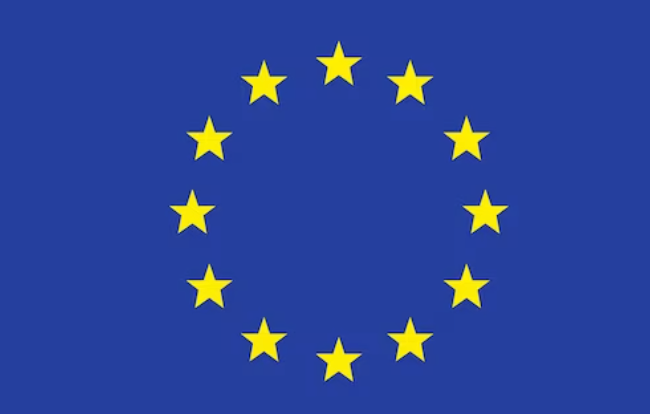$TSLA
#Tesla #ElonMusk #Brussels #ElectricVehicles #China #EU #Tariffs #AutoIndustry #EVMarket #TradeDispute #SupplyChain #MarketImpact
Tesla’s decision to take the European Union to court over tariffs on electric vehicles (EVs) imported from China signals a significant escalation in tensions between the world’s leading EV maker and European regulators. At the heart of this dispute lies a broad concern over trade policies and protectionism as governments around the world grapple with balancing fair competition and fostering domestic growth. Europe, home to some of the world’s largest automakers, has responded to a surge in Chinese EV exports by imposing anti-subsidy duties, arguing that Beijing’s state support creates an uneven playing field. Tesla, which manufactures EVs in China for global markets, has now joined this debate at a time when it is rapidly scaling its footprint in Europe. The move not only highlights Tesla’s global ambitions but also underscores the strategic challenges that foreign automakers are beginning to face in this key region.
This legal confrontation could have far-reaching consequences for Tesla and the broader EV market in Europe. If the court sides with European regulators, Tesla may face increased operational costs tied to tariffs, which could potentially erode its competitive pricing advantage in the EU region. Such a ruling may force Tesla to rethink its production strategy, perhaps accelerating plans to ramp up output at its Gigafactory in Berlin to avoid tariffs. Conversely, a favorable ruling could strengthen Tesla’s competitive position in Europe and set a precedent for other global automakers who rely on diversified supply chains, including China. Investors will be watching closely as any disruption to Tesla’s supply chain or profitability could lead to near-term volatility in the company’s share price.
The stakes are equally high for the EU, as the decision to impose tariffs on Chinese EVs reflects broader concerns about defendable market conditions for European automakers. This comes at a critical time for legacy carmakers like Volkswagen and Stellantis, who have been investing heavily to transition into EV manufacturing. EU policymakers argue that unchecked imports from China, sometimes substantially cheaper than their European counterparts, could undermine the regional auto industry, leading to potential job losses and economic repercussions. However, Tesla’s legal action might force the EU to reconsider the framework it uses to define anti-subsidy measures. The outcome of this legal battle could influence the way trade rules evolve in the EV market, potentially encouraging other nations to adopt similar protectionist moves.
For financial markets, this dispute adds another layer of uncertainty in an already complex global EV landscape. Tesla’s stock, which often reacts to developments that could shift its profitability or competitive positioning, may see short-term price fluctuations as news about the legal proceedings unfolds. Moreover, the case raises questions for the global EV supply chain, highlighting the risks of geopolitical trade tensions for multinational automakers. While Tesla’s decision to take on the EU reflects its confidence in emerging victorious, the market will remain attentive to how this legal challenge progresses and its implications for EV expansion in one of Tesla’s most important markets.











Comments are closed.